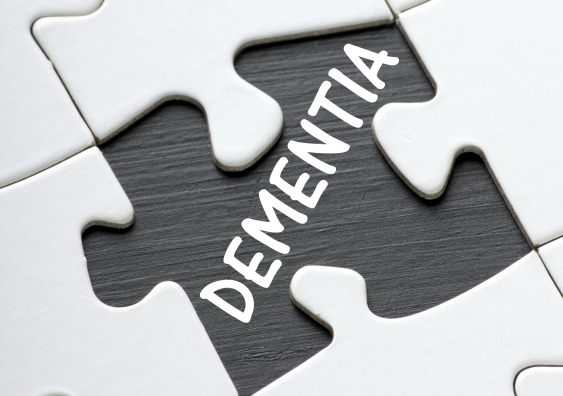$2.4 million in federal funding for UNSW dementia research
UNSW-linked dementia research has been given a major boost with six academics receiving prestigious Dementia Research Development Fellowships worth up to $605,000 each.
UNSW-linked dementia research has been given a major boost with six academics receiving prestigious Dementia Research Development Fellowships worth up to $605,000 each.

UNSW-linked dementia research has been given a major boost with six academics receiving prestigious Dementia Research Development Fellowships worth up to $605,000 each.
The fellowships, announced today by the Federal Minister for Health Sussan Ley and Minister for Education and Training Senator Simon Birmingham, have been awarded to a total of 76 Australian early career researchers working to find a cure and innovative therapies for dementia. The fellowships, totalling more than $43 million, are jointly funded by the National Health and Medical Research Council and the Australian Research Council.
UNSW Conjoint Lecturer Dr Fiona Kumfor, based at Neuroscience Research Australia (NeuRA), will receive $603,912 to develop new tests to differentiate frontotemporal dementia from Alzheimer's disease.
Dementia patients can present with similar symptoms, even when the underlying cause is different, which means distinguishing between the two diseases is extremely challenging. An inaccurate diagnosis also means patients cannot access appropriate treatments as they become available.
UNSW Conjoint Lecturer Dr Kylie Radford, based at NeuRA, will receive $603,411 to promote healthy brain ageing and prevent dementia in Aboriginal communities.
Dr Radford will also investigate better ways to assess memory and thinking in this population, in order to identify changes as early as possible for enhanced dementia research and treatment prospects.
Research Associate in UNSW Science's School of Chemistry, Dr. Adam Martin, will receive $594,644 to develop new diagnostic tools for the early detection of Alzheimer’s disease.
Symptoms of the disease are often not apparent until it is well advanced, limiting chances of successful treatment. Dr Martin will use hydrogels made from biocompatible peptides to grow nerve-cell culture models to study the development of the disease in its early stages.
UNSW Conjoint Lecturer Dr Rachel Tan, based at NeuRA, will receive $604,644 to study a group of more 600 longitudinally-followed patients with dementia. Dr Tan’s research will search for risk factors and early indicators of specific protein deposition in the brain which are responsible for the various neurodegenerative dementias.
Psychologist Dr Liz Evans, based at UNSW Medicine’s Department of Developmental Disability Neuropsychiatry, will receive $468,151 to expand her existing study of dementia in people with an intellectual disability (ID), who may be more prone to the disease, especially at younger ages.
Dr Evans will examine the usefulness of selected screening tools and assessments for dementia in this group, and identify improvements in the way that people with ID who develop dementia receive help within the health system.
Dr Timothy Couttas, from UNSW’s Prince of Wales Clinical School, will receive $534,644 to piece together two important questions about Alzheimer’s Disease: (1) Why a naturally occurring variant of a gene called “APOE” is the primary genetic risk for Alzheimer’s. (2) Why Alzheimer’s preferentially affects brain regions that lose a fatty substance called myelin, the electrical insulation of the brain.
In doing so Dr Couttas hopes to understand more about what makes people more susceptible to Alzheimer’s and whether therapies to restore myelin could be effective against Alzheimer’s.